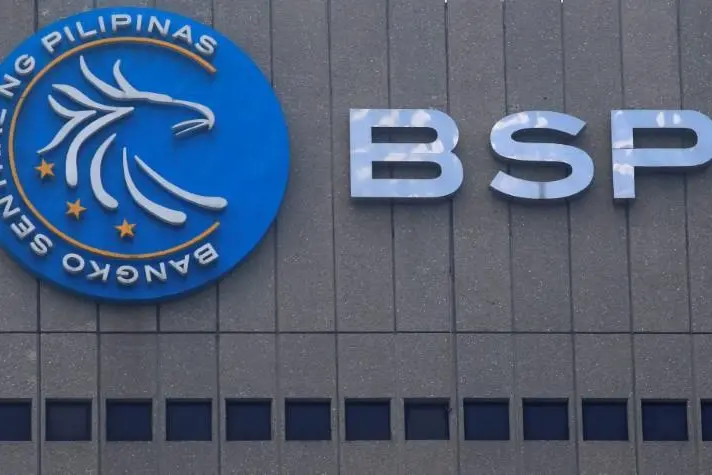PHOTO
Singapore-based DBS Bank Ltd. forecasts that the Bangko Sentral ng Pilipinas (BSP) is unlikely to swiftly enact monetary policy changes in the coming year, citing potential upside risks from supply-side shocks, particularly in the realm of inflation fueled by volatile food and energy prices.
DBS senior economist Radhika Rao said the Philippines undertook one of the most aggressive rate hike cycles to ward off inflation risks this year.
After correcting for six successive months to 4.7 percent in July from a peak of 8.7 percent last January, headline inflation accelerated to 5.3 percent in August and 6.1 percent in September.
It then slowed to 4.9 percent in October and further to 4.1 percent in November, allowing the BSP's Monetary Board to leave interest rates untouched last Nov. 16 after an off-cycle 25-basis point hike last Oct. 26.
Inflation averaged 6.2 percent from January to November, still above the BSP's two to four percent target range.
'We expect full-year inflation to average six percent in 2023, before base effects slow the headline to 3.3 percent next year, allowing the BSP to also reverse part of the tightening in the second half. Key risks to our call stem from supply-side shocks especially in food and energy prices,' Rao said.
She added that elevated borrowing costs took a bite as overall bank credit growth rose by the slowest pace in two years in September, led by the manufacturing and real estate sectors.
Rao pointed out that stronger factory orders and output kept the purchasing managers' index in expansionary terrain, but the passage of the ambitious infrastructure-spending plan in 2016-2017 has since driven fixed investment plans lower post COVID-19.
'The tug-of-war between the need to reinvigorate growth whilst keeping fiscal spending under a tight rein will dominate the policy quandary next year, as monetary policy levers are unlikely to be loosened in a hurry,' Rao said.
The BSP has emerged as the most aggressive central bank in the region as it has raised key interest rates by 450 basis points since May last year to tame inflation and stabilize the peso.
This brought the benchmark interest rate to a fresh 16-year high of 6.50 percent, the highest since the 7.50 percent recorded in May 2007, from an all-time low of two percent during the height of the global health crisis.
The Singaporean bank sees the BSP cutting interest rates by 100 basis points to 5.50 percent in 2024.
Rao said the gross domestic product (GDP) growth of the Philippines is likely to slow down after accelerating to 7.6 percent in 2022 from 5.7 percent in 2021 with the full reopening of the economy as strict COVID-19 quarantine and lockdown measures were fully lifted.
'We revise down our 2023 growth forecast to 5.8 percent and expect an uncertain global environment and lagged impact of high rates to keep 2024 growth at 5.3 percent year-on-year,' she said.
According to Rao, goods exports are down seven percent from January to September this year, with electronic shipments weighed down by slower global uptake for consumer goods and inventory drawdown.
A sharp 10 percent year-to-date fall in imports has helped to narrow the trade deficit by a third during the nine-month period and limited the extent of drag on headline growth.
'With signs of bottoming out in regional electronics exports, we expect the slowdown in Philippines' exports to also ease up next year. But a sharp recovery will be hampered by slower growth outlook for the US, Europe and China,' she said.
Copyright © 2022 PhilSTAR Daily, Inc Provided by SyndiGate Media Inc. (Syndigate.info).





















